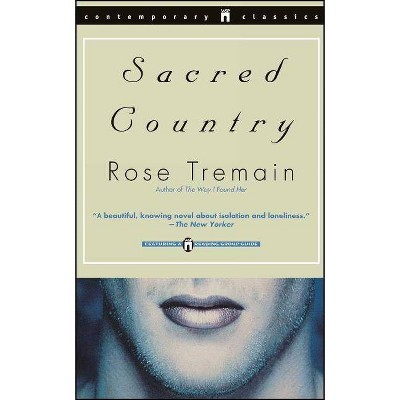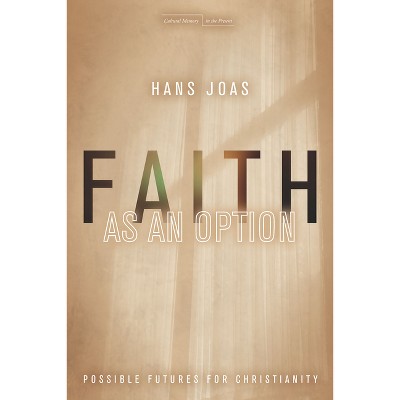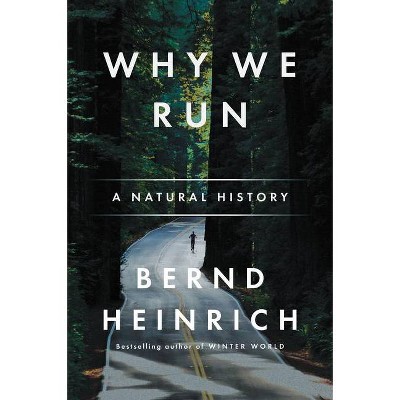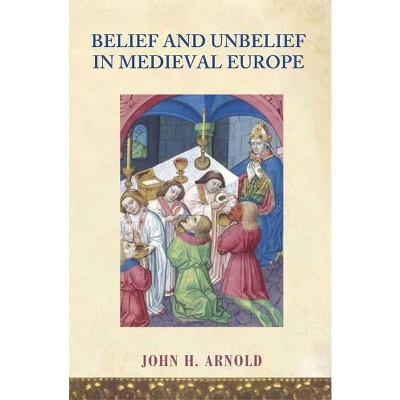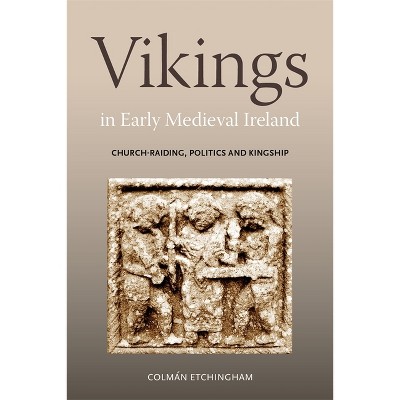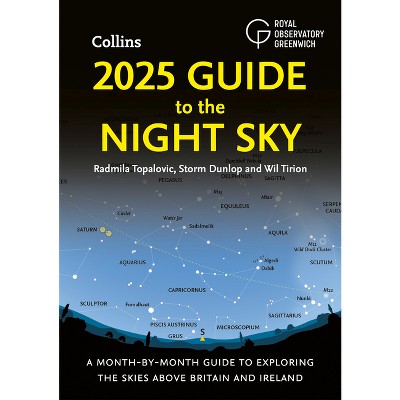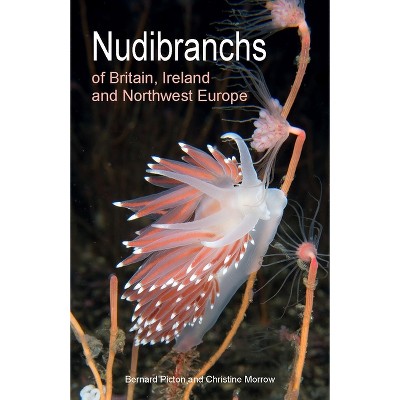Sponsored

Willibrord Between Ireland, Britain and Merovingian Francia (690-739) - (Studies in Medieval and Early Modern Belief and Culture) by Michel Summer
In Stock
Sponsored
About this item
Highlights
- The century between c. 650 and 750 was one of major religious, social and political transformations in northwest Europe.
- Author(s): Michel Summer
- 296 Pages
- History, Europe
- Series Name: Studies in Medieval and Early Modern Belief and Culture
Description
Book Synopsis
The century between c. 650 and 750 was one of major religious, social and political transformations in northwest Europe. In the Frankish kingdom, clerics from Ireland and Britain played an important role in these processes. One of the most prominent figures to emerge from this period was Willibrord - a Northumbrian educated in Ireland who became the first bishop of Utrecht and founded the monastery of Echternach in modern Luxembourg. Through his involvement in the Christianisation of Frisia, his cooperation with the eastern Frankish elite, including the ancestors of Charlemagne, and his connection with the pope, Willibrord was at the centre of the developments which led to the formation of a new ecclesiastical and political landscape between the North Sea and Thuringia on the eve of the Carolingian period. This book, which represents the first extensive study of the topic in English, extends its analysis of Willibrord's career beyond the mission to Frisia and examines the political dimension of his activity in Merovingian Francia and its border regions. By offering a fresh look at the main sources for Willibrord's life, the book explores how Insular clerics shaped their Frankish environment through the creation of networks between Ireland, Britain and the continent and their ability to take on a variety of different roles within Merovingian society.
Review Quotes
'Summer's monograph marks an important first step for future researchers to view Willibrord on his own terms, not only as a pale predecessor of the later missionaries, but as the first Anglo-Saxon active in the Frankish world to fully grasp the important ways in which missionary activity, ecclesiastical networks, monastic foundations, and lay patronage could be combined, and what could be achieved by those who combined them.' Richard Broome, Early Medieval Europe
'Summers zorgvuldige en gedetailleerde studie van de belangrijkste bronnen, leidt tot een ander beeld van de eerste Utrechtse bisschop dan het traditionele, dat veelal door romantische en/of nationalistische doelstellingen gekleurd is.' 'Summer's careful and detailed study of the most important sources leads to a different image of the first Utrecht bishop than the traditional one, which is often dressed in romantic and/or nationalist goals.' Dr. Rob Meens, Tijdschrift voor Geschiedenis Translated from Dutch
